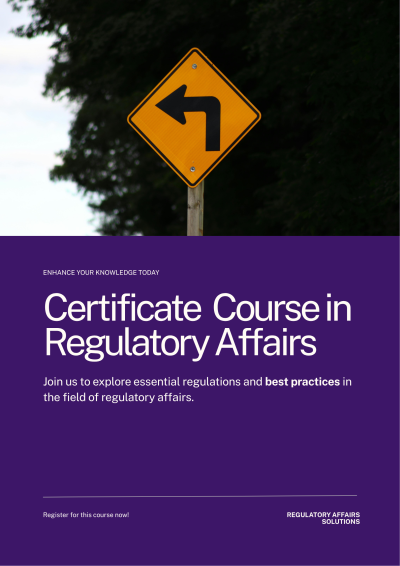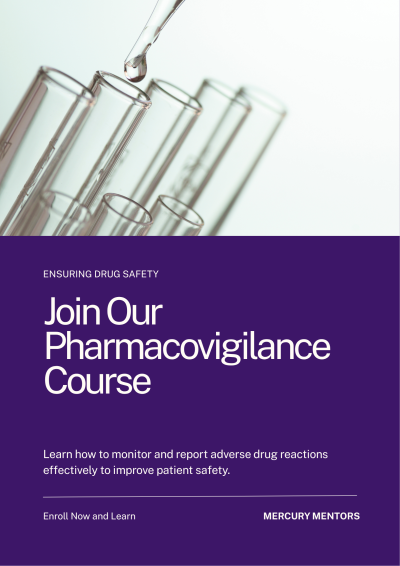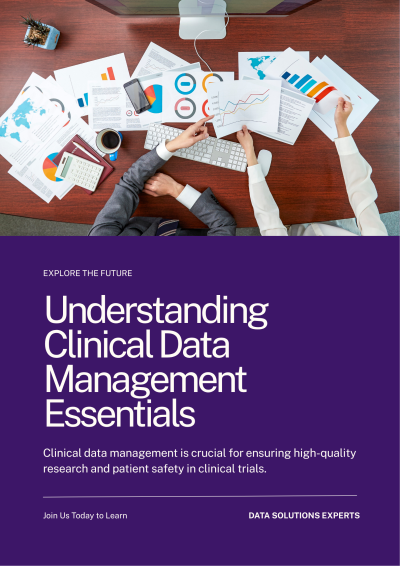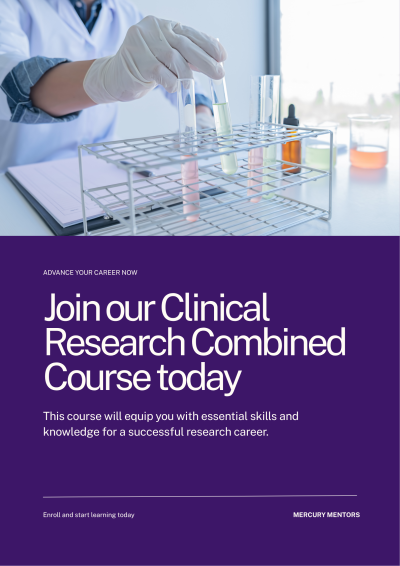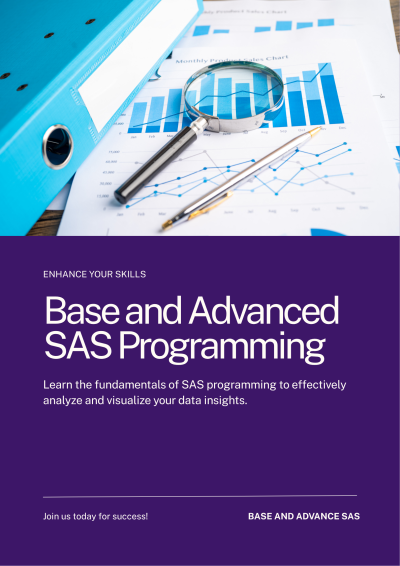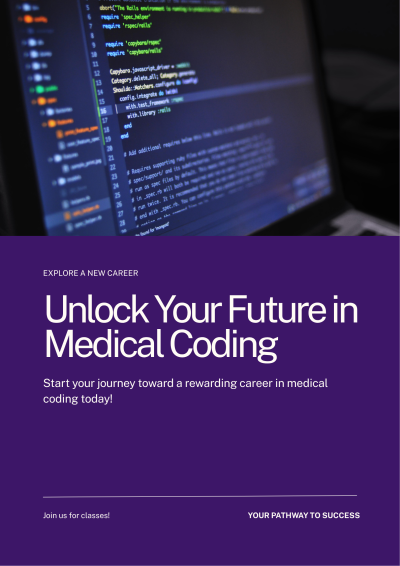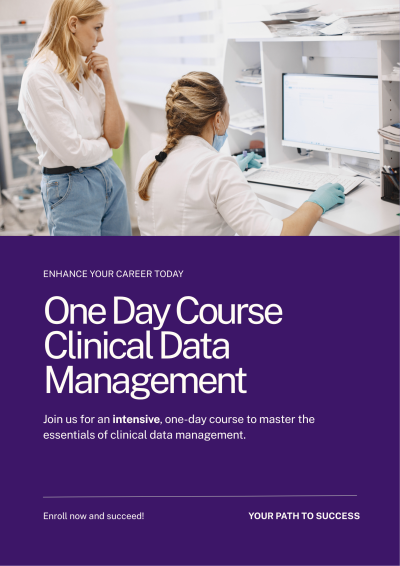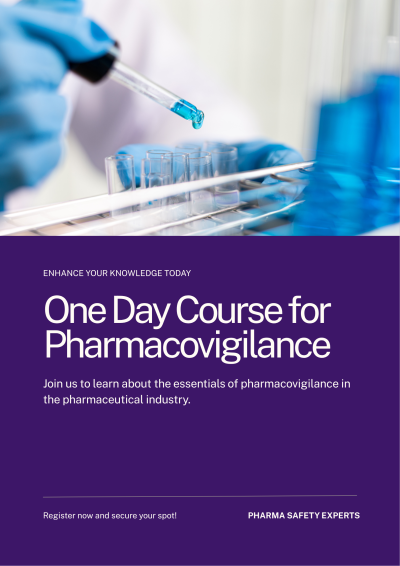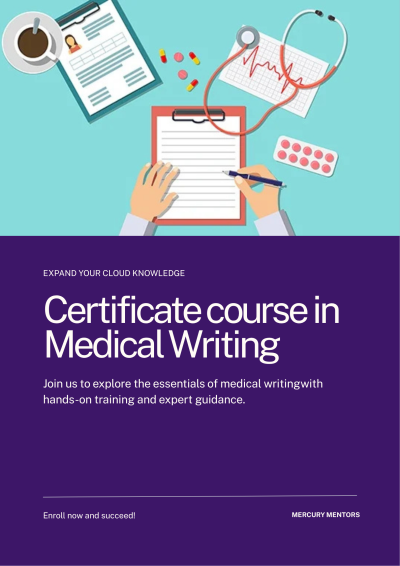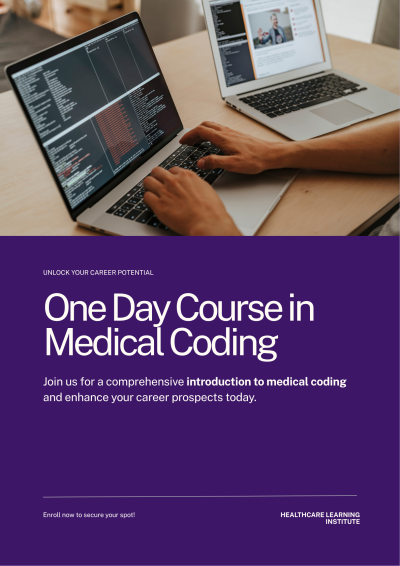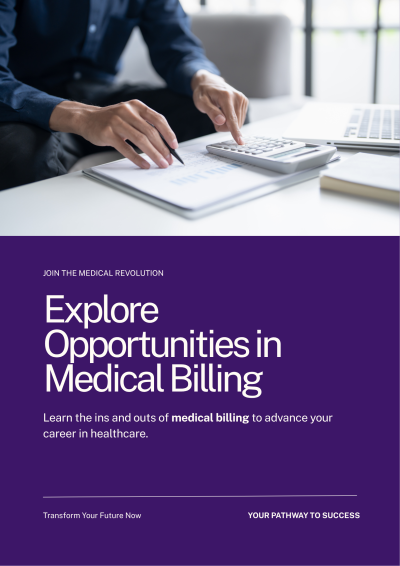Course description
Overview of Regulatory Affairs
Regulatory affairs is a critical field that plays a pivotal role in the development, approval, and marketing of products, particularly in the pharmaceutical, biotechnology, and medical device industries. Professionals in this field act as a bridge between companies and regulatory authorities, ensuring that products meet all necessary legal and safety standards before they reach the market. This comprehensive overview will cover the fundamental aspects of regulatory affairs, including key processes, roles, and current trends.
1. Understanding Regulatory Affairs
Definition and Importance
Regulatory affairs encompasses the policies and procedures governing the development and marketing of products. The primary goal is to ensure that products are safe, effective, and compliant with regulations. This is essential not only for the protection of public health but also for maintaining consumer trust and facilitating international trade.
2. Key Functions of Regulatory Affairs
a. Regulatory Strategy Development
- Market Analysis: Identifying regulatory requirements for different markets
- Product Development Guidance: Advising on regulatory implications throughout the product lifecycle, from discovery to post-market surveillance.
b. Documentation and Submission
- Preparing Dossiers: Compiling comprehensive data packages, including clinical trial results, manufacturing processes, and labeling information.
- Submitting Applications: Navigating the submission process for approvals, such as INDs (Investigational New Drug applications), NDAs (New Drug Applications), and PMAs (Premarket Approvals).
c. Communication with Regulatory Bodies
- Regulatory Meetings: Engaging with agencies to discuss strategies and address concerns during the review process.
- Responding to Queries: Timely and accurate responses to questions or requests for additional information from regulatory authorities.
d. Post-Market Surveillance
- Monitoring Compliance: Ensuring ongoing adherence to regulations after a product is on the market.
- Reporting Adverse Events: Documenting and reporting any adverse effects or product issues to regulatory agencies.
3. Roles and Responsibilities in Regulatory Affairs
a. Regulatory Affairs Specialist
- Focuses on preparing submissions and maintaining documentation.
- Liaises with other departments to gather necessary information.
b. Regulatory Affairs Manager
- Oversees regulatory strategy and leads a team of specialists.
- Ensures compliance with international regulations and manages interactions with regulatory bodies.
c. Regulatory Affairs Director
- Sets the overall regulatory strategy for the organization.
- Involved in high-level decision-making and strategic planning.
4. Regulatory Pathways and Compliance
Understanding the different regulatory pathways is crucial for successful product development:
a. Fast Track and Breakthrough Therapy Designations
- Programs designed to expedite the review process for products that address unmet medical needs.
b. Orphan Drug Designation
- Incentives for developing treatments for rare diseases, offering benefits like market exclusivity.
5. Current Trends in Regulatory Affairs
a. Digital Health and Technology
- Increasing focus on the regulation of digital health tools, telemedicine, and software as a medical device (SaMD).
b. Global Harmonization
- Efforts to align regulatory standards across different countries, such as the International Council for Harmonisation (ICH).
c. Regulatory Science
- Emphasis on incorporating scientific advances into regulatory processes to enhance efficiency and effectiveness.
6. Challenges in Regulatory Affairs
- Complex Regulations: Navigating the intricate web of local and international regulations.
- Evolving Standards: Keeping up with rapidly changing guidelines and requirements.
- Resource Allocation: Balancing regulatory needs with project timelines and budget constraints.
Conclusion
Regulatory affairs is a dynamic and essential field that significantly impacts public health and safety. As products become more complex and the regulatory landscape evolves, professionals in this area must continuously adapt and expand their expertise. By ensuring compliance and facilitating efficient pathways for product development, regulatory affairs professionals play a vital role in bringing innovative solutions to market while safeguarding consumer health.
Why Enroll?
Networking Opportunities: Connect with industry professionals and peers.
Resource Materials: Access exclusive readings and materials.
Certificate of Completion: Enhance your resume with a recognized credential.
Q&A Session: Engage directly with experienced practitioners.
FollowUp Support: Discover further learning and career opportunities in the field.
7. Get access 650+ HR's email ID's hiring
How to Enroll:
To secure your spot, please reply to this email or click https://www.mercurymentors.com/home/course/one-day-course-for-pharmacovigilance/30 Spaces are limited, so don’t delay!

